BGSMath María de Maeztu Unit of Excellence 2015-2019: Closing Workshop
BGSMath María de Maeztu Unit of Excellence 2015-2019: Closing Workshop
Date
6 June 2019
Location
Aula B7, Faculty of Matemathics and Informatics
(University of Barcelona),
Historical Building
DESCRIPTION
The Barcelona Graduate School of Mathematics was recognized in 2015 as a María de Maeztu (MdM) Excellence Centre by the Spanish Government. The recognition was supported by a 2-million-euro grant for the period 2015-2019. The MdM grant has been essential for the consolidation and success of the BGSMath project and for its international recognition. Through the MdM grant, 20 PhD and 15 postdoctoral positions have been covered with talented national and international researchers. Many activities have been funded through the MdM grant, including Advanced Graduate Courses, Intensive Research Programs, Junior Meetings, Colloquia, Workshops with industry, events celebrating International Day of Women and Girls in Science, and internships for master’s students, among others.
The BGSMath/MdM excellence program finishes this year. To celebrate this success story we organize on 6 June 2019 a workshop highlighting the most relevant scientific results obtained within the program in the main research areas of BGSMath. We invite all BGSMAth faculty, students and friends to participate in this event.
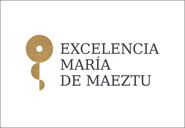
Dates
6 Juny 2019
Location
Aula B7, Faculty of Matemathics and Informatics
(University of Barcelona),
Historical Building

DESCRIPTION
The Barcelona Graduate School of Mathematics was recognized in 2015 as a María de Maeztu (MdM) Excellence Centre by the Spanish Government. The recognition was supported by a 2-million-euro grant for the period 2015-2019. The MdM grant has been essential for the consolidation and success of the BGSMath project and for its international recognition. Through the MdM grant, 20 PhD and 15 postdoctoral positions have been covered with talented national and international researchers. Many activities have been funded through the MdM grant, including Advanced Graduate Courses, Intensive Research Programs, Junior Meetings, Colloquia, Workshops with industry, events celebrating International Day of Women and Girls in Science, and internships for master’s students, among others.
The BGSMath/MdM excellence program finishes this year. To celebrate this success story we organize on 6 June 2019 a workshop highlighting the most relevant scientific results obtained within the program in the main research areas of BGSMath. We invite all BGSMAth faculty, students and friends to participate in this event.
Programme of the day
Opening
9:15
Coffee break
Lunch break
Coffee break
Martin Sombra (UB, ICREA, BGSMath): Measuring the solution set of a system of polynomial equations
Closing
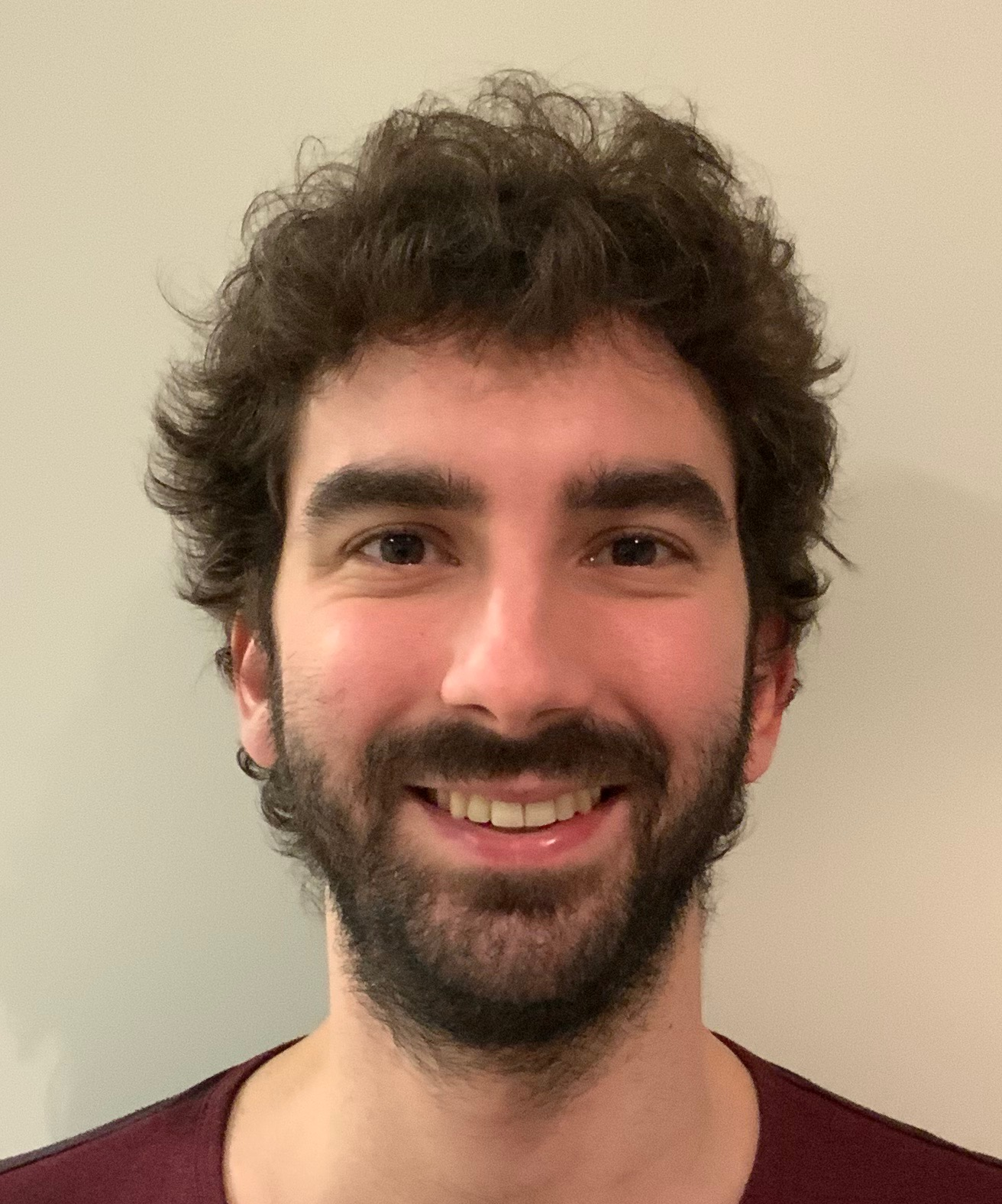
Matteo Cozzi (University of Bath, UK)
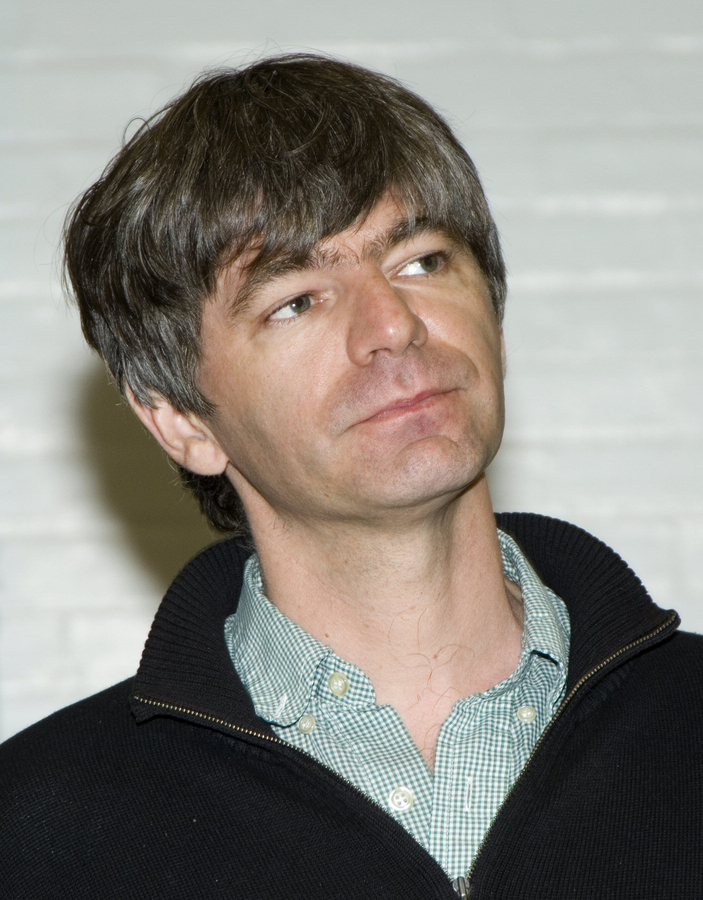
Eric Urban (Columbia University, USA)
Eric Urban studied at the Ecole Normale Superieure de Lyon and obtained his PhD in Orsay in 1994 under the supervision of Jacques Tilouine before entering at the CNRS in 1995 as researcher and later director of research . He was dètachè from the CNRS to be Hedrick assistant professor at UCLA from 1997 to 2000 and he is full professor at Columbia University since 2006. He earned the Lenfest distinguished Columbia Faculty award in 2005. He was an invited speaker at the ICM in Madrid in 2006 and a Guggenheim Fellow in 2007. His works are on the arithmetic aspects of theory of automorphic forms. In particular, he studies their p-adic families and their implications to the study of deformations of Galois representations to address fundamental questions of Iwasawa theory and cases of the Bloch-Kato conjectures on the Tamagawa numbers attached to motives. Together with Chris Skinner, he proved the Main Conjecture in the Iwasawa theory of p-ordinary elliptic curves which has important consequence for the rank zero case of the p-part of the Birch and Swinnerton-Dyer conjecture.
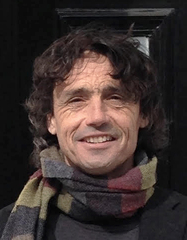
Simeon Ball (UPC – BGSMath)
Senior lecturer in the Department of Mathematics at Universitat Politècnica de Catalunya, Barcelona since 2007. Published over 50 articles and been awarded various prestigious grants, including the Advanced Research Fellowship from EPSRC in the UK and the Ramon y Cajal grant in Spain. In 2012, proved the MDS conjecture for prime fields, which conjectures that all linear codes over prime fields that meet the Singleton bound are short. This is one of the oldest conjectures in the theory of error-correcting codes. In 2015, published the book entitled “Finite Geometry and Combinatorial Applications” in the London Mathematical Society Student Text series of Cambridge University Press.

Tere Martínez Seara (UPC – BGSMath)
Tere M-Seara is full professor at the Dpt. de matemàtiques of the Universitat Politècnica de Catalunya. She is the leader of the UPC Dynamical Systems group, formed by more than 20 researchers working on theoretical and computer aspects of finite and infinite Dynamical Systems, with focus on Celestial Mechanics and mathematical Neuroscience. She has supervised 8 PhD. students. In 2015, she received the first Barcelona Dynamical Systems Prize and in the fall of 2018 she hold an Eisenbud Professorship (Simons Foundation) at MSRI (U. Berkeley). She works in Dynamical Systems, in analytical tools to study their global dynamics. Her works developed two tools which have been widely used in the area of Arnold Diffusion: the study of normally hyperbolic invariant manifolds and the theory of the “scatering map”. She also works in a rigorous approach to singular perturbation theory: developing methods which allow to measure exponentially small phenomena which are relevant in the study of the global dynamics of a system like the exponentially small splitting of separatrices, one of the main phenomena producing chaos.
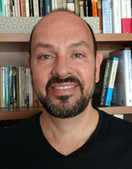
Martín Sombra (UB – BGSMath)
Martín Sombra is an ICREA Research Professor at the UB. He did a PhD thesis at the University of Buenos Aires, and postdoctoral stays at the MSRI at Berkeley, the IAS at Princeton, and the IMJ at Paris. He was also a Maître de Conférences at the University of Lyon, and a Full Professor at the University of Bordeaux. He is a member of the Board of Directors of the FoCM Society, and of the Advisory Board of the MEGA conferences. He currently works on problems at the interface of Algebraic Geometry, Number Theory and Complexity Theory, and collaborates with research groups in Barcelona, Madrid, Paris, Caen, Bordeaux, Santiago de Chile and Rochester.
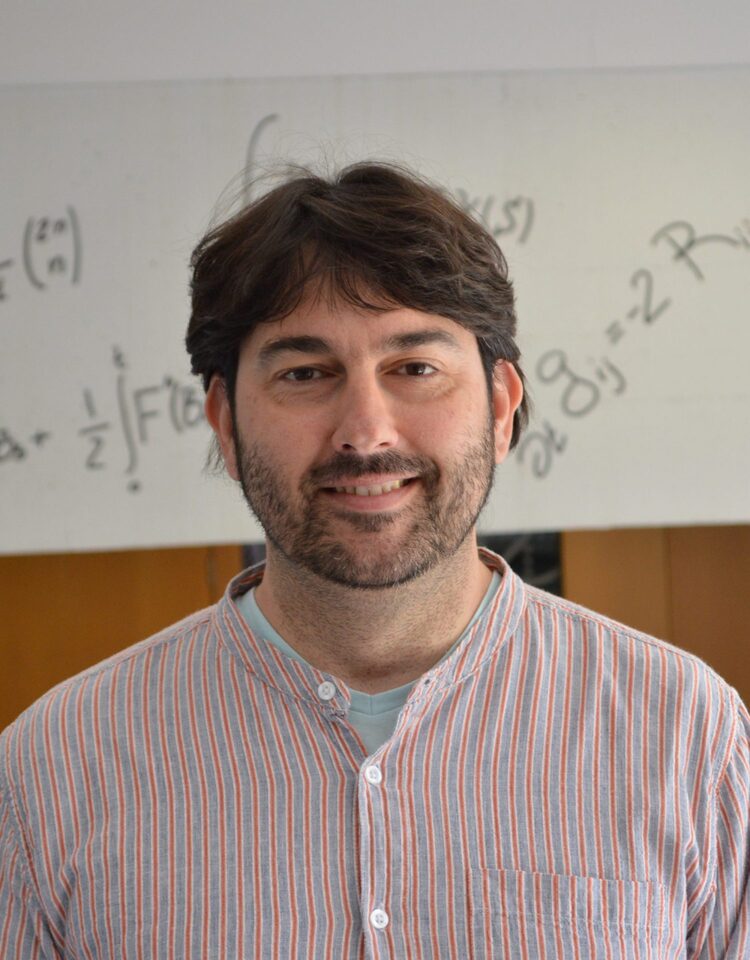
Josep Sardanyés (CRM – BGSMath)
I completed a BSc in Biology at Universitat de Barcelona (2002) and went on to earn a Master and a PhD in Biomedicine (2009) at the Complex Systems Lab (Universitat Pompeu Fabra, Institute of Evolutionary Biology CSIC-UPF). During my PhD thesis I worked on dynamical systems theory and complexity in biological systems. Upon obtention of my PhD degree, I moved to Valencia where I took up a postdoc position at the Institute of Molecular and Cellular Plant Biology (Consejo Superior de Investigaciones Científicas-UPV), where I went on with my research on virus dynamics and evolution. In 2011 I moved to San Francisco for a second postdoc at The David J. Gladstone Institutes (University of California San Francisco, UCSF), where I focused on the theoretical and computational study of HIV-1 dynamics. Then I moved again to the Complex Systems Lab were I completed a third postdoc (2012-2016) working on cancer evolution, theoretical ecology and systems and synthetic biology. In 2017 I started as a senior researcher at CRM receiving a postdoctoral grant from “la Caixa” foundation. I have recently obtained a “Ramon y Cajal” fellowship, also starting my own laboratory on nonlinear dynamics and evolution within the Computational and Mathematical Biology Group. I am also associate professor at Universitat Pompeu Fabra, teaching at the Bachelor’s degree in Biomedical Engineering and at the Computational Biomedical Engineering Master.
